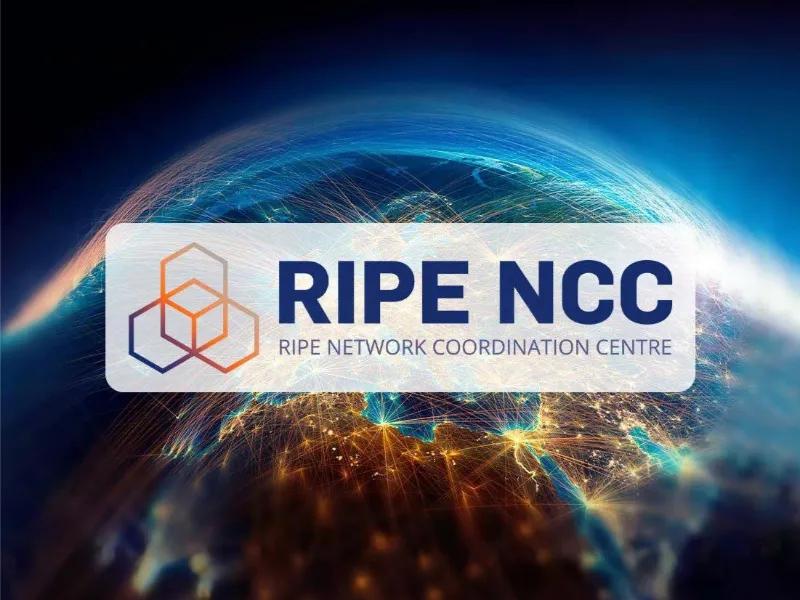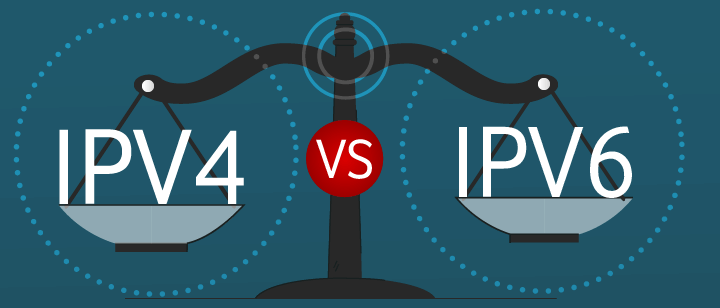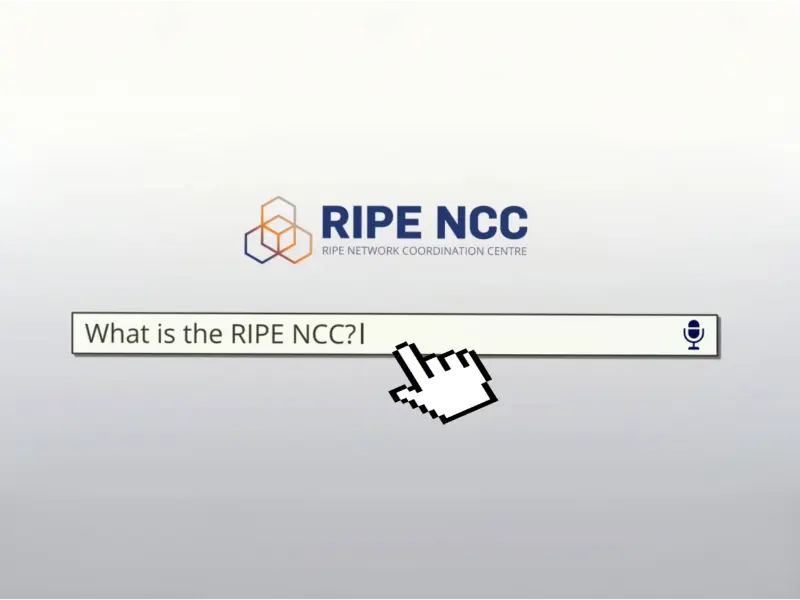- The RIPE NCC manages the allocation of IP addresses and Autonomous System Numbers (ASNs) across Europe, the Middle East, and Central Asia, ensuring the efficient and fair distribution of these vital internet resources.
- It plays a central role in internet governance, fostering collaboration among stakeholders and contributing to the development of global standards through transparent, community-driven decision-making.
- The RIPE NCC provides tools like the RIPE Atlas for real-time internet performance monitoring and offers training and resources to support network operators and organisations in managing their infrastructure effectively.
Managing internet infrastructure is a necessity as connectivity becomes a cornerstone of worldwide interaction. The Réseaux IP Européens Network Coordination Centre, or RIPE NCC, is an integral partner in this management. The RIPE NCC, a non-profit organization, provides an essential part for preserving an uninterrupted operation of the internet in Europe, the Middle East, and a few portions of Central Asia. However, what is the RIPE NCC and why is it significant? The RIPE NCC’s operation, tasks, effect on internet governance, and links with different groups in the field will all be discussed in this article.
Also read: ‘Trust is gone’: Is the RIPE NCC still fit for purpose?
What is the RIPE NCC?
As a Regional Internet Registry (RIR), the RIPE NCC is in tasked with controlling the assignment and registration of internet number resources in its domain, specifically IP addresses and Autonomous System Numbers (ASNs). The RIPE NCC formed in 1992 or acts as a coordinating organization for the technical infrastructure necessary for the operation of the internet. It serves in various regions along with is one of five RIRs in the world. Europe, the Middle East, Central Asia, and elements of Northern Africa are all incorporated into the RIPE NCC’s region. This expansive geographical reach points out the value the RIPE NCC is to preserving internet governance while also making guarantee that resource assignment takes place smoothly and fairly.
How does the RIPE NCC operate?
The RIPE NCC is above just a phone number registry. Additionally, it is vital for fostering industry best practices, allowing network operators to work with one another, while providing education and training. To ensure that the internet secure as well as efficient, it collaborates closely with network engineers, internet service providers (ISPs), and legislative bodies. Utilizing resources for internet integers: distributing IP addresses and ASNs is one of the RIPE NCC’s primary tasks. ASNs are used to identify networks or autonomous systems, yet IP addresses are unique identifiers given to devices connected to the internet. These resources is required for internet traffic routing, enabling effective collaboration across networks and devices.

Stability of the internet: The RIPE NCC is invested in retaining the dependability and reliability of the internet in addition to providing funds. With and the development of IPv6, allowing for a far larger pool of addresses than the previous IPv4 protocol, it is particularly vital to collaborate on efforts to manage the increasing demand for IP addresses. Furthermore, the business backs technical standards that ensure the durability and safety the internet’s infrastructure. The RIPE NCC offers beneficial knowledge and resources for measuring internet performance through tasks which include the RIPE Atlas project, allowing network operators to enhance their infrastructure and identify prospective issues before they become severe issues.
Also read: What is an IPv4 address?
Also read: Understanding IPv4 addresses: Exploring 2 key features
The role of the RIPE NCC in internet governance
The RIPE NCC is a key player in internet governance, a complex and multi-stakeholder process that involves the management and regulation of the global internet. The organisation works in collaboration with other stakeholders, such as governments, private sector organisations, and international bodies like ICANN (Internet Corporation for Assigned Names and Numbers).
Also read: RIPE NCC and ICANN collaborate to host Internet Measurement Day
The RIPE NCC operates in line with the principles of bottom-up governance, ensuring that the decisions affecting the internet’s infrastructure are made through open and transparent processes. This approach is vital for ensuring that the needs of all stakeholders are considered and that the internet remains a global, decentralised network. Marc Andreessen, co-founder of Netscape, once remarked, “The Internet is the first thing that humanity has built that humanity doesn’t understand, the largest experiment in anarchy that we have ever had.”
The Internet is the first thing that humanity has built that humanity doesn’t understand, the largest experiment in anarchy that we have ever had
Marc Andreessen, co-founder of Netscape
Who can join the RIPE NCC?
The RIPE NCC is a membership-based business. In the event fit the group’s standards, anyone in the RIPE NCC service area is qualified to apply for membership. Internet service providers (ISPs), companies, universities, research organizations, and any other groups in need of internet number resources are permitted to apply for membership. The internet is the most strong equalizers we’ve ever had, as Google CEO Sundar Pichai clearly stated. It allows for information and education readily available to people. By ensuring that that internet resources are divided evenly all over the region it serves, the RIPE NCC demonstrates this concept and lets a greater number of individuals and organizations to profit in connectivity.

Access to essential services including IP address propagation, community discussion participation, and governance participation in votes are made accessible by being part of the RIPE NCC. Access to an an array of resources, which include research reports, training sessions, and instruments to promote productive network infrastructure oversight, is an additional perk of membership.
The internet is the most powerful equaliser we’ve ever had. It enables people to have access to information and education.
Sundar Pichai, CEO of Google
The RIPE NCC’s services and tools
To aid its members and the bigger online community at large, the RIPE NCC supplies a number of services and assets. These applications were created to assist companies at IP address control, network performance growth, and internet governance development. RIPE Database: One of the the company essential resources is the RIPE Database. It is a wide public file filled with information about network infrastructure, ASNs, and IP address dissemination. The RIPE Database gives it easier for network operators to manage internet traffic and network security by offering data concerning IP addresses along with resources.

RIPE Atlas: An additional helpful tool available by the RIPE NCC is the RIPE Atlas. Network operators, researchers, and the general public are able to keep an eye on the internet’s performance in real time with this global internet measurement platform. RIPE Atlas gives crucial data on network performance, routing pathways, and difficulties with connectivity because of its more than 10,000 probes deployed around the world. The RIPE NCC favors a cooperative approach to network management by collecting and spreading data thanks to the RIPE Atlas platform. Through helping users identify potential problems at internet routing and connectivity, the tool can help avoid outages and enhance network reliability in general.
Events and training: The RIPE NCC is devoted to promoting the development of skills and knowledge for participants in the internet-based community. For the benefit of network operators in keeping pace with new technologies and trends, this company provides a range of training programs, workshops, and seminars. These meetings offer a place for interaction and knowledge conversation, enhancing links within the virtual community. Community engagement is of the utmost importance for the RIPE NCC. Events such as RIPE Meeting, which brings members and stakeholders together to discuss significant problems affecting the internet, are held frequently by the company. These conferences enable participants the chance to put their minds jointly, discuss thoughts, and contribute to creating internet governance rules and regulations.
The RIPE NCC’s global impact
The RIPE NCC’s influence extends beyond its regional boundaries. As one of the five RIRs worldwide, the organisation works in close collaboration with other RIRs and global internet governance bodies. Together, these organisations play a crucial role in ensuring the global stability and sustainability of the internet.

To enable to fulfill the growing demand for internet number resources, the RIPE NCC has a special role with handling the switch from IPv4 to IPv6. The RIPE NCC works to provide an effortless transition to IPv6, which will provide the internet accessibility to a considerably bigger pool of addresses, as IPv4 addresses have worn expired.
Also read: IPv4 vs. IPv6: What’s the difference between the two protocols?
Collaboration with ICANN and IETF
The RIPE NCC works closely with organisations such as ICANN (Internet Corporation for Assigned Names and Numbers) and the IETF (Internet Engineering Task Force). ICANN is responsible for managing the Domain Name System (DNS) and coordinating the allocation of internet resources at a global level. The IETF, on the other hand, is responsible for developing technical standards that shape the internet’s infrastructure.
By collaborating with these and other global bodies, the RIPE NCC helps to ensure that internet governance remains transparent, inclusive, and adaptable to the evolving needs of the global community.
Also read: What is the Internet Engineering Task Force (IETF)?
The growing importance of RIPE NCC in an evolving internet
Particularly in its region, involving Europe, the Middle East, and Central Asia, the RIPE NCC is vital to the management of internet resources. It provides to the stability of the internet global by guaranteeing the seamless operation of the internet’s infrastructure through the allocation of IP addresses and ASNs. The future of the internet is contingent upon what it does to support technical standards, foster collaborative governance, and provide the required resources for network management. The RIPE NCC’s task to manage its resources and contribute to the community continues to rise in impact as the internet expands more. The company is guaranteeing that the internet keeps continuing to operate as a reliable and easily available resource for people and groups around the globe through the use of its accessible, inclusive approach to internet governance.
FAQs: The RIPE NCC
The RIPE NCC (Réseaux IP Européens Network Coordination Centre) is responsible for managing the allocation and registration of IP addresses and Autonomous System Numbers (ASNs) in Europe, the Middle East, and parts of Central Asia. It also plays a crucial role in ensuring the stability and security of the internet by supporting best practices, fostering collaboration, and providing technical tools and services to network operators.
The RIPE NCC contributes to internet governance through its bottom-up governance model, which involves transparent, community-driven decision-making processes. The organisation collaborates with other stakeholders, including governments, private sector organisations, and international bodies like ICANN, to ensure the efficient allocation of internet resources and the overall stability of the internet infrastructure.
Membership in the RIPE NCC is open to any entity within its service region that requires internet number resources, such as IP addresses or ASNs. This includes internet service providers (ISPs), businesses, universities, research organisations, and other entities. Members gain access to essential services, participate in governance decisions, and can attend training and events.
The RIPE Atlas is a global internet measurement platform developed by the RIPE NCC. It consists of over 10,000 probes distributed worldwide, allowing users to monitor and measure internet performance in real time. The platform provides data on network connectivity, routing paths, and potential issues, helping network operators and researchers optimise infrastructure and improve the internet’s reliability.
IPv4 and IPv6 are both protocols used to assign IP addresses, but IPv4 has a limited number of addresses, while IPv6 offers a vastly larger pool to accommodate the growing number of connected devices. The RIPE NCC is actively involved in managing the transition from IPv4 to IPv6 by allocating IPv6 addresses and supporting the infrastructure necessary for this shift, ensuring a smooth and efficient transition for the global internet community.

